Get to know Julie Verhaar, CEO at Terre des Hommes
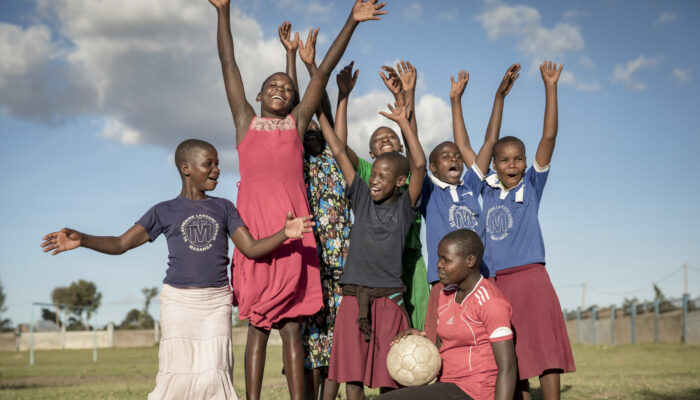
Can you tell something about yourself?
| I have been active in the humanitarian aid for a very long time. After working in the profit sector for a while, I realised that I wanted to work in an organisation with more purpose and impact. My first job in the humanitarian field was at Cordaid, which is more than 20 years ago now. During all these years I looked for jobs that were close to my heart, and was asked for some positions. | 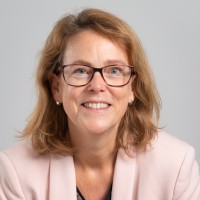 |
I’ve been working with the Red Cross, and also at Greenpeace. The job there was very interesting, mainly to see how they are organized and how they work. But my heart is with the people. I was asked to apply for a job at UNICEF in Geneva and went abroad for a couple of years. I encountered child suffering and exploitation and learned a lot about big organisations like the UN. I did this, until Amnesty International asked me to set up a new fundraising department, reporting directly to the Secretary General. For this role, I moved to London and later back to Geneva where I worked and lived for some years. However, it started to bother me how much I was living in a ‘white bubble’ and during the COVID pandemic, I realised that I wanted to go home to the Netherlands, where I found the perfect job at Terre des Hommes, where I am currently working as Chief Executive Officer.
What made you want to do this job?
Within Terre des Hommes, we are focused on fighting the worst forms of child labour and (online) child exploitation. That is an important pillar, and for myself something I want to fight for. We are constantly looking for our added value and an answer to the question: what makes our organisation worthwhile? We have the ambition to be a catalyst for sustainable change; that’s the journey we are in now and in which we want to grow in.
Child participation is a very important aspect in our strategy and something I am very passionate about. In the Philippines, Bangladesh and India we are already quite far in implementing this and we see the impact in the solutions that are being implemented. We have the wish to explore this way of working and to implement it in many other parts of the world, including here in the Netherlands. By implementing child participation, we are involving vulnerable children in discussions about their situation, and search for solutions together to match their needs. The children who are survivors, often do not have a voice in solution building; they have a voice but are not heart.
The children who are survivors, often do not have a voice in solution building; they have a voice but are not heart.
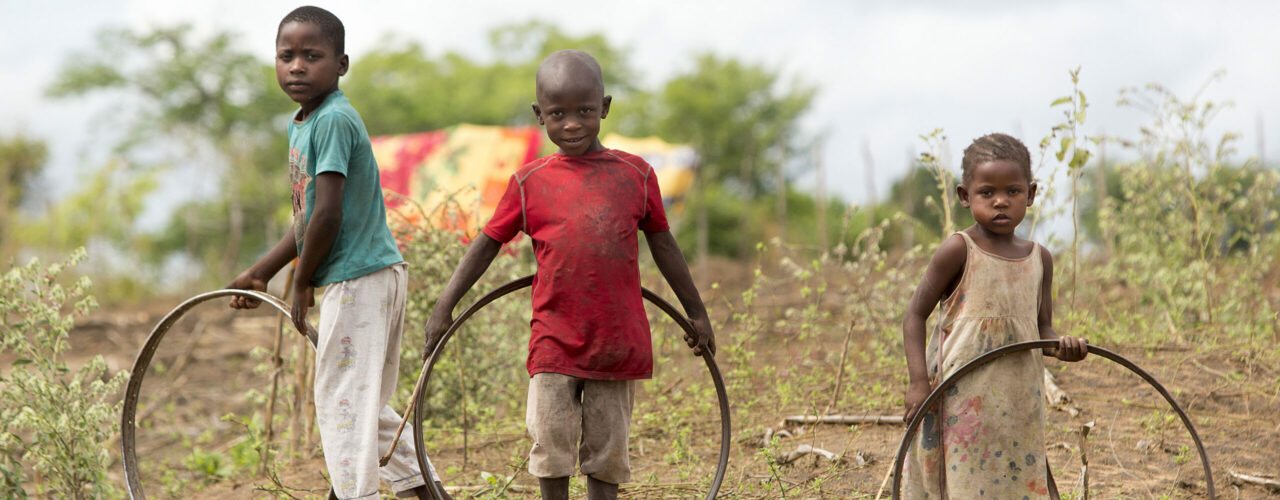
What do you see as your mission within Terre des Hommes?
That is to realize our strategy: bring an end to child exploitation. In order to be able to do that, of course, we need to bring in the necessary finances to be able to keep projects running.
What are things that make you proud?
I recently attended an internal training where the trainers used avatars that were made and drawn by children. I found that very special because in our work we often say that our projects should be driven more by children, and in this example, that really happened.
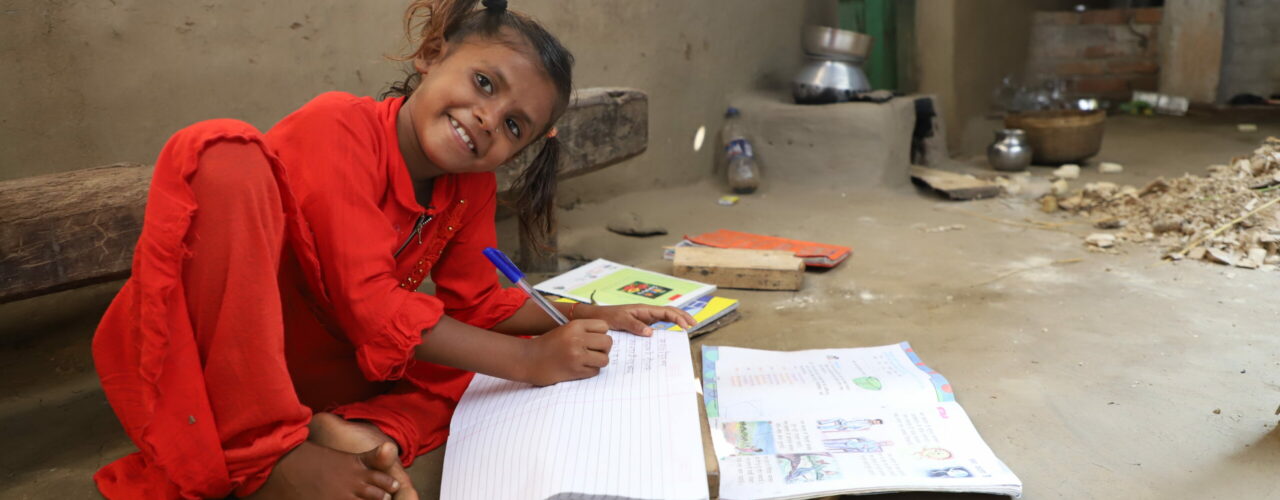
What are things you will never forget?
I’ve been on visits to Kenya and Ethiopia. During these visits it became very clear to me that local people often know exactly what the solutions to their problems are. I met a girl who had been sexually exploited for years before she was enrolled in a sewing class. The teacher wanted to hire her because she was very talented. She got herself a sewing machine. During the day she worked at the project, in the evening she worked from home. By doing so, she earned money and was able to rent a house and to start thinking about her future. She had done it all herself.
During field visits it became very clear to me that local people often know exactly what the solutions to their problems are.
Looking at the situation in the Netherlands, were you shocked by the election results?
No, to me it was pretty obvious that this was coming. The trend can be seen all over the world. We all thought that our rule of law was super stable, but it was not. I think the coming years are even going to be tougher than what we are currently experiencing.
What does this mean for Terre des Hommes and other NGO’s?
We expect things to change. We have to think of ways to tell our story in a different and better way. By now we can say that the people in the Netherlands think ODA funding should be spent differently, so we have to tell them much clearer whát we are doing and why our work is important, also for the people in the Netherlands. We have to connect with people again. The best way to do so is by including ‘the other side’ in our conversations, planning and decision-making. Only then we will be able to bridge the existing gap, which will only grow bigger.
We cannot solve world problems by ourselves. We need to work together as businesses, governments and NGO’s. We really need to start joining forces, before it is too late.
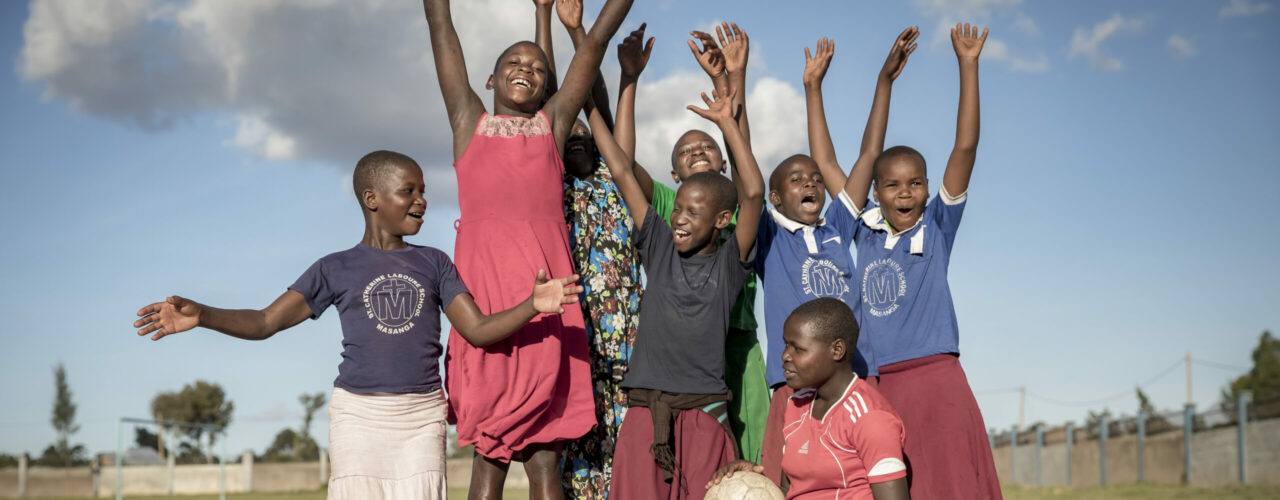
Read more about the work of Terre des Hommes here.
Read more about Julie Verhaar here.
Author: Marianne Sijtsma
Date: 05/03/2024
